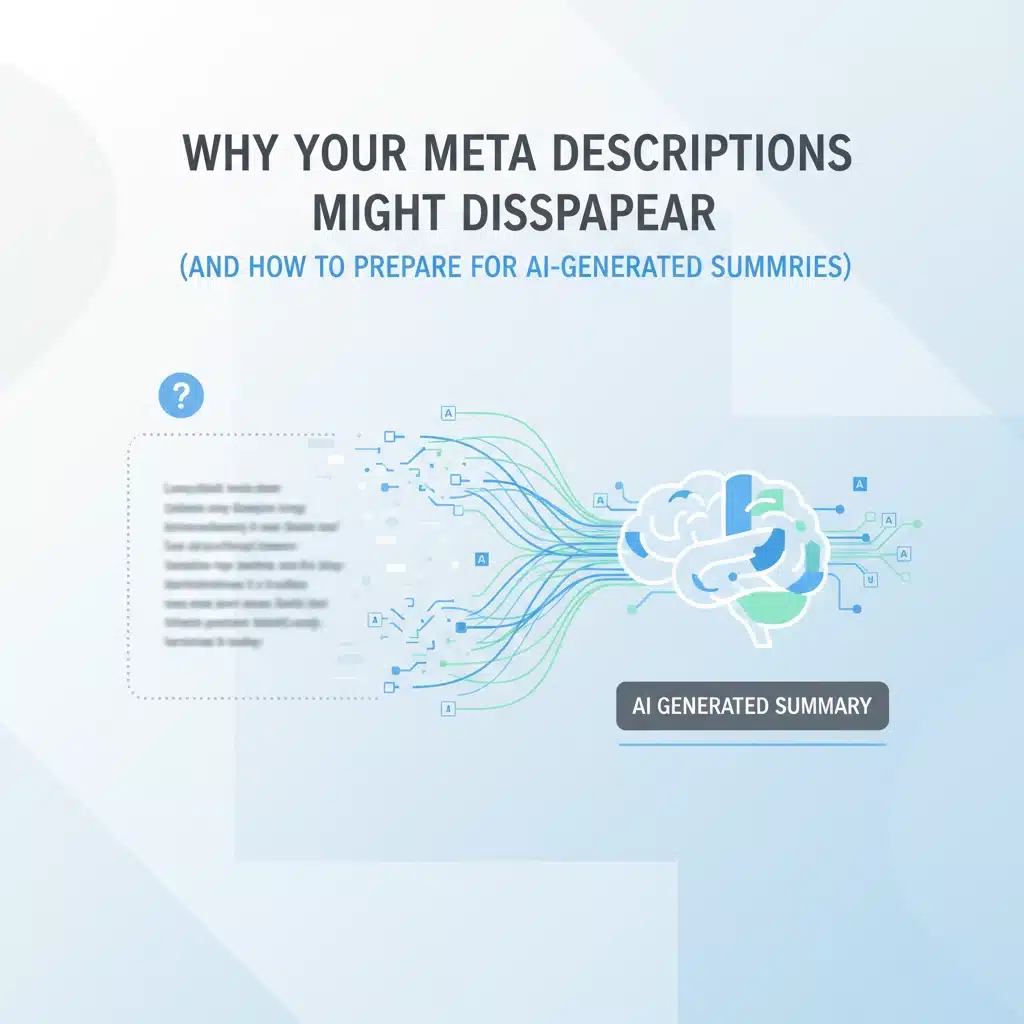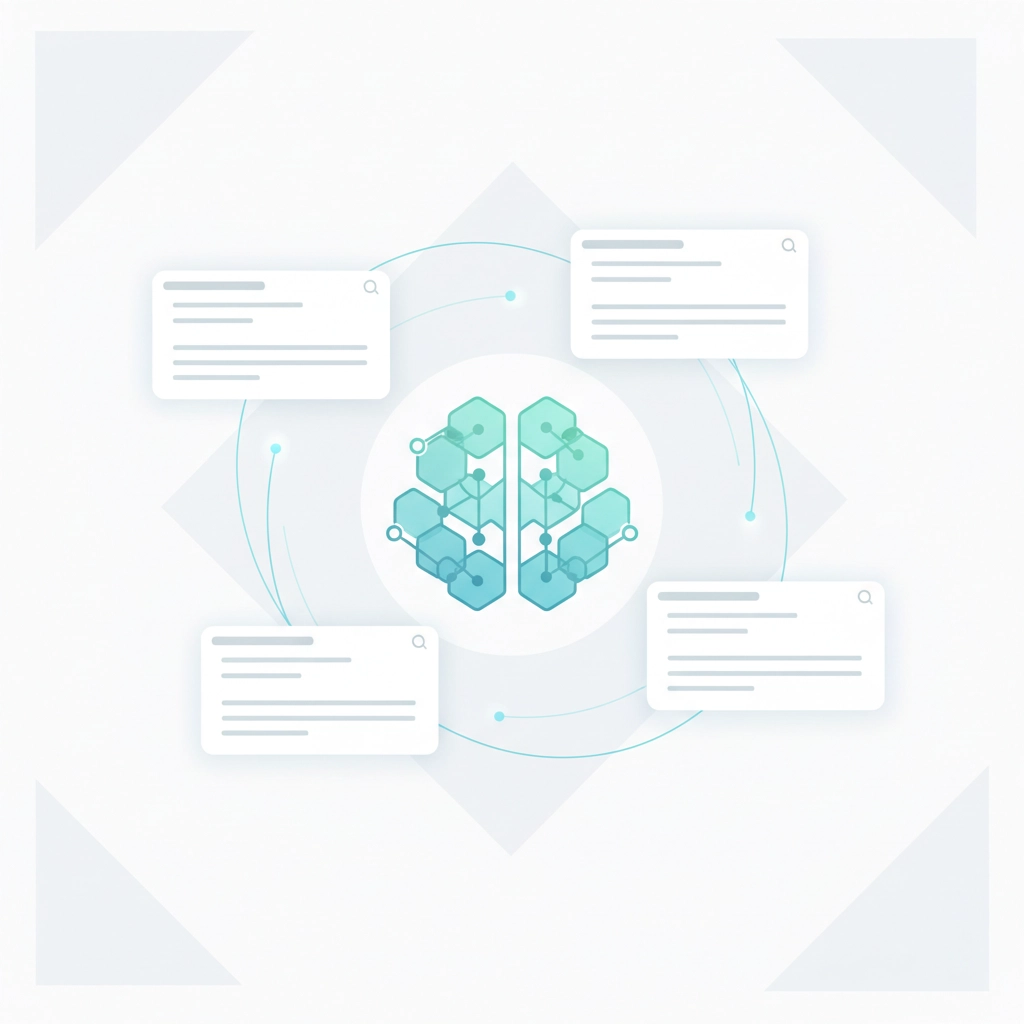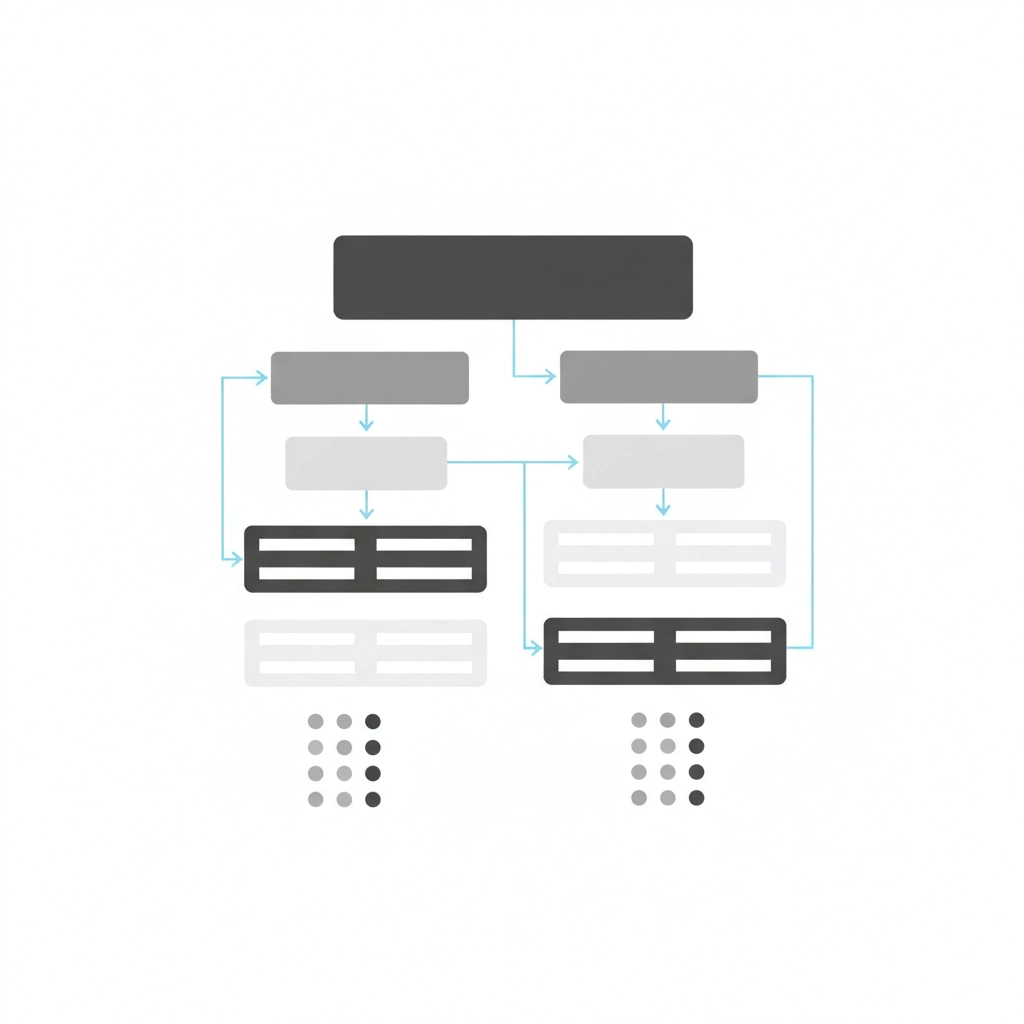Meta descriptions aren’t always shown in search results anymore. Find out why, how AI changes search snippets, and what you can do to prepare your site.
Your carefully crafted meta descriptions are vanishing from search results at an alarming rate. Google now rewrites 60-70% of all meta descriptions, and the search giant is actively testing AI-generated summaries to replace them entirely. For small and medium businesses, this fundamental shift represents both a challenge and an opportunity: but only if you adapt your strategy now.
Here's the reality: the traditional approach of writing a single meta description and hoping it appears in search results is no longer viable. Google's AI systems are taking control of how your business appears to potential customers, and this change is accelerating rapidly in 2025.
The Meta Description Crisis: By the Numbers
The statistics reveal the scope of this transformation. Google displays 2-11 different snippets for the same webpage within a single month, serving different descriptions based on search queries, user location, device type, and search history. Your original meta description might never be seen by searchers at all.
This isn't a temporary testing phase: it represents Google's permanent shift toward dynamic, AI-powered search results that prioritize user intent over publisher control. The search engine is moving away from static, one-size-fits-all descriptions toward personalized summaries that change based on what each user is actually looking for.
Why Google Is Abandoning Your Meta Descriptions
Google's AI rewrites your descriptions for several critical reasons that directly impact your business visibility. Relevance gaps trigger the most rewrites: when your description doesn't closely match what people are searching for or adequately represent your page content, Google's systems automatically generate a more targeted alternative.
Structure and length issues also force rewrites. Descriptions that exceed character limits, contain redundant information, or lack clear value propositions get simplified or completely replaced. Many businesses unknowingly trigger these rewrites by stuffing keywords without considering user experience.
When no meta description exists or the quality is poor, Google automatically generates one using your headings, content snippets, and other on-page elements. This means your most important selling points might never reach potential customers if your content isn't properly optimized for AI interpretation.
Dynamic personalization adds another layer of complexity. Google adjusts descriptions for specific queries while potentially using your original version for others, creating an inconsistent brand message that varies by searcher.
The Rise of AI-Generated Search Summaries
Google is now testing a revolutionary feature that replaces traditional meta descriptions with AI-generated summaries. These summaries come in two formats: complete replacements where AI entirely overwrites your meta description, and supplemental summaries that appear alongside standard snippets.
Instead of pulling from your meta tag, Google's AI analyzes your entire page content and dynamically generates summaries based on search intent. This represents a fundamental shift from publisher-controlled messaging to AI-determined relevance.
The implications for your business are significant. You're losing control over your first impression in search results: the critical moment when potential customers decide whether to click through to your website.
How This Impacts Your Business Traffic
Message Control Loss
With AI writing your snippets, you can no longer guarantee that your unique selling points, brand tone, and calls to action appear in search results. The AI might overlook crucial messaging elements that historically drove click decisions, potentially affecting your competitive advantage.
Click-Through Rate Variability
Meta descriptions directly influence whether users click on your listing. If Google's AI-generated version is less compelling than your crafted description, your click-through rates could decline significantly. Conversely, more informative AI summaries might improve performance: but you won't control which scenario occurs.
Brand Consistency Challenges
Different AI-generated descriptions for the same page create inconsistent brand messaging. Potential customers might see varying value propositions and calls to action depending on their search terms, diluting your carefully planned brand communications.
Your AI-Ready Content Strategy
The solution isn't to abandon meta descriptions: it's to evolve your entire content approach for AI interpretation. Here's your action plan:
Optimize for Content Clarity and Structure
Since AI summaries generate directly from your page content, clarity and organization are now business-critical. Use clear headings, bullet points, and concise language that helps AI systems accurately interpret your offerings. Poorly structured content results in misleading or incomplete summaries that could drive away qualified prospects.
Embrace Intent-Based, Semantic Language
Move beyond rigid keyword optimization toward conversational, intent-focused content. Write for how people actually search and speak, especially with voice search growing rapidly. Structure your content around common customer questions and pain points rather than just product features.
Focus on topic clusters that align with customer journey stages. Instead of targeting isolated keywords, create comprehensive content that addresses related questions and concerns your prospects have.
Implement Structured Data Markup
Schema markup provides context that AI systems leverage when generating summaries. This technical enhancement helps Google's AI understand your content's purpose, business type, and key information hierarchy. While it requires some technical knowledge, the investment pays off through better AI interpretation.
If you need help implementing structured data, our SEO services include technical optimization that makes your content more AI-friendly.
Continue Writing Strategic Meta Descriptions
Don't abandon meta descriptions entirely. They serve as fallback content, provide SEO signals, and help AI systems understand your intended messaging. Well-optimized descriptions that clearly represent your content and incorporate relevant search terms often remain intact when closely aligned with user intent.
Write descriptions that focus on user benefits rather than just features. Include clear value propositions and calls to action that encourage clicks even if Google's AI modifies the surrounding text.
Monitor and Adapt Performance
Track whether AI summaries appear for your key pages and how they affect engagement metrics. Monitor click-through rates across different search queries to understand the real impact on your business traffic.
Set up regular SEO monitoring to identify when significant snippet changes occur and adjust your strategy accordingly.
The Content Quality Imperative
Since Google's AI increasingly decides how your business appears in search results, content quality is no longer optional: it's survival-critical. Your entire page content now serves as potential snippet material, not just the meta description tag.
Create comprehensive, well-structured content that directly answers customer questions. Use clear subheadings, logical information flow, and conversational language that AI systems can easily parse and summarize.
Focus on depth over keyword density. AI systems favor content that thoroughly addresses topics over shallow pages stuffed with search terms.
Preparing for the Future of Search
The shift toward AI-generated summaries represents just the beginning of search evolution. Voice search, AI chatbots, and personalized results will continue changing how customers discover businesses. Companies that adapt their content strategy now will maintain competitive advantages as these changes accelerate.
Actionable Next Steps:
- Audit your current meta descriptions for clarity and relevance
- Restructure key pages with clear headings and logical information flow
- Implement conversational, intent-focused language throughout your content
- Add structured data markup to help AI systems understand your business
- Monitor snippet changes and click-through rate impacts
- Focus on comprehensive, question-answering content over keyword stuffing
Take Control of Your Search Presence
While you can't control Google's AI decisions, you can influence them through strategic content optimization. The businesses that thrive in this new landscape will be those that treat their entire website as search snippet material, not just meta tags.
Don't let AI systems misrepresent your business to potential customers. Expert SEO Consulting specializes in optimizing content for both human users and AI interpretation. Our team helps businesses adapt their content strategies for the evolving search landscape while maintaining message control and driving qualified traffic.
Ready to make your content AI-ready? Book a consultation to discuss how we can optimize your website for the future of search, ensuring your business message reaches customers regardless of how AI systems evolve.
The meta description era is ending, but your opportunity to influence search results is just beginning. Act now to position your business for success in the AI-powered search landscape.











